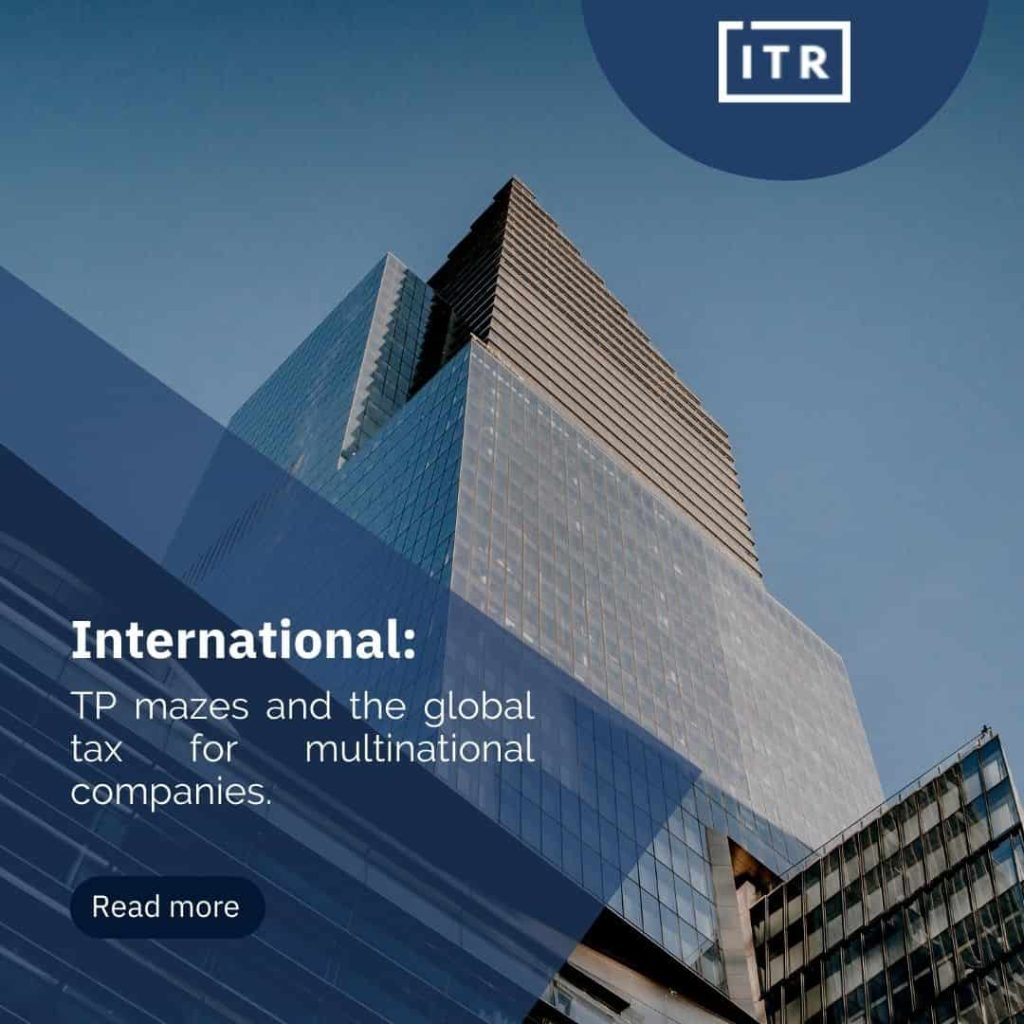Ghana
Background
In April 2009, Ghana established a committee to design a Transfer Pricing policy. In May 2009, the Transfer Pricing policy report was issued and filed to the Ghana Revenue Authority.
In 2010, the GRA and the Ministry of Finance, supported by development partners such as the OECD, started a project to implement the Transfer Pricing policy.
In 2020, the Minister of Finance of Ghana tabled new Transfer Pricing Regulations (new Regulations) before Parliament on August 10. These new regulations repealed the previous Regulations of 2012. These incorporate many of the revisions introduced by the edition of July 2017 of the Transfer Pricing Guidelines for Multinational Enterprises and Tax Administrations (OECD Guidelines) of the Organisation for Economic Co-operation and Development (OECD) but with variations.
Related Parties
The Regulation applies to transactions between persons in a controlled relationship, transactions between a permanent establishment and its parent company, transactions between a permanent establishment and other related branches thereof, transactions between a taxpayer and another in a controlled relationship, and transactions between a taxpayer and another taxpayer.
The Transfer Pricing regulation applies to business transactions involving the profits or losses of persons covered by the Regulation.
Transfer Pricing Methods
In addition, the new regulations stipulate that taxpayers must use the following pricing methods:
- i) Cost Plus Method
- ii) Resale Price Method
iii) Transactional Net Margin Method
The recent Regulations now allow individuals to seek approval from the General Commissioner of the GRA for using an alternative method in specific circumstances.
Transfer Pricing Documentation
Taxpayers engaging in related party transactions must keep records and file the following documents to the tax authority within a specified period.
- Annual Transfer Pricing Statement: Due 4 months after the close of the fiscal year.
- Country-by-Country Report: Due 12 months after the end of the fiscal year.
On the other hand, the new Ghana Regulations now define the “Documentation,” which must be maintained as (a) a Master File and (b) a Local Report at the same time.
Penalties
Failure to comply with the requirements carries the same penalties as similar infractions under Law 915. There are specific penalties for Master File and Local Report in the new legislation.
– For failure to file: An initial payment of GHS 500, with an additional payment of GHS 10 for every day of non-compliance. Upon conviction, the defendant will be fined not less than 1,000 penalty units (GHS 12,000) and not more than 2,000 penalty units (GHS 24,000).
This may also be sentenced to imprisonment for a term ranging from 2 to 5 years.
– For incomplete or incorrect filing: If the statement was prepared without any valid reason or justification, the penalty is 100% of the fiscal deficit. Otherwise, the penalty is 30% of the fiscal deficit.
Source: Ghana Revenue Authority (GRA)
External Articles
Below is a list of articles written by our staff and published in international publications.





